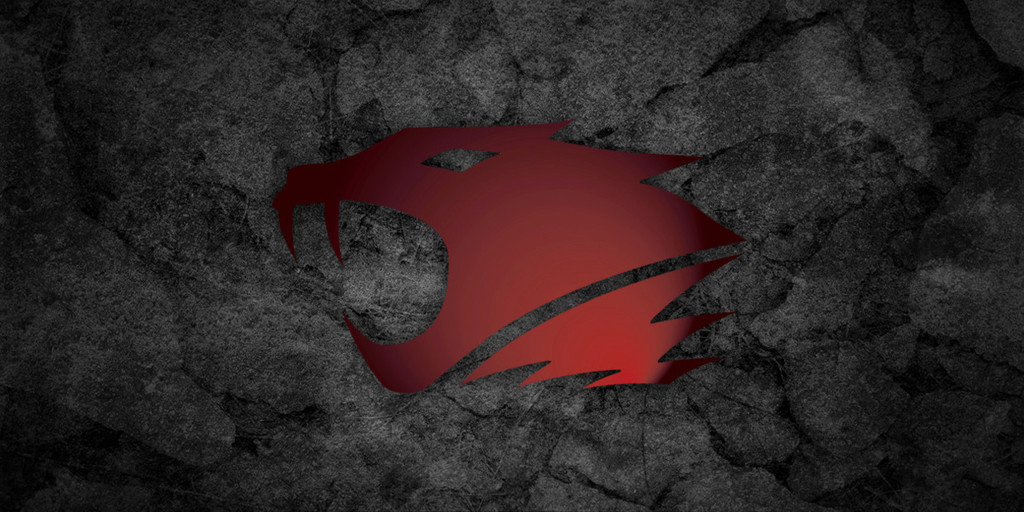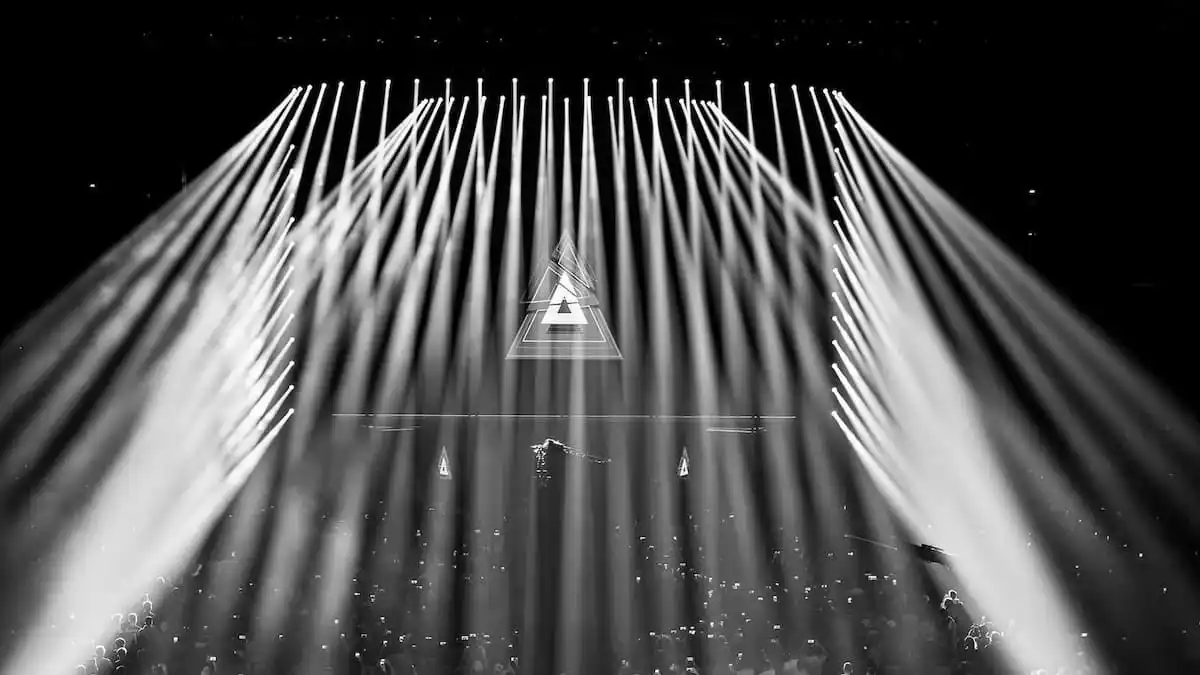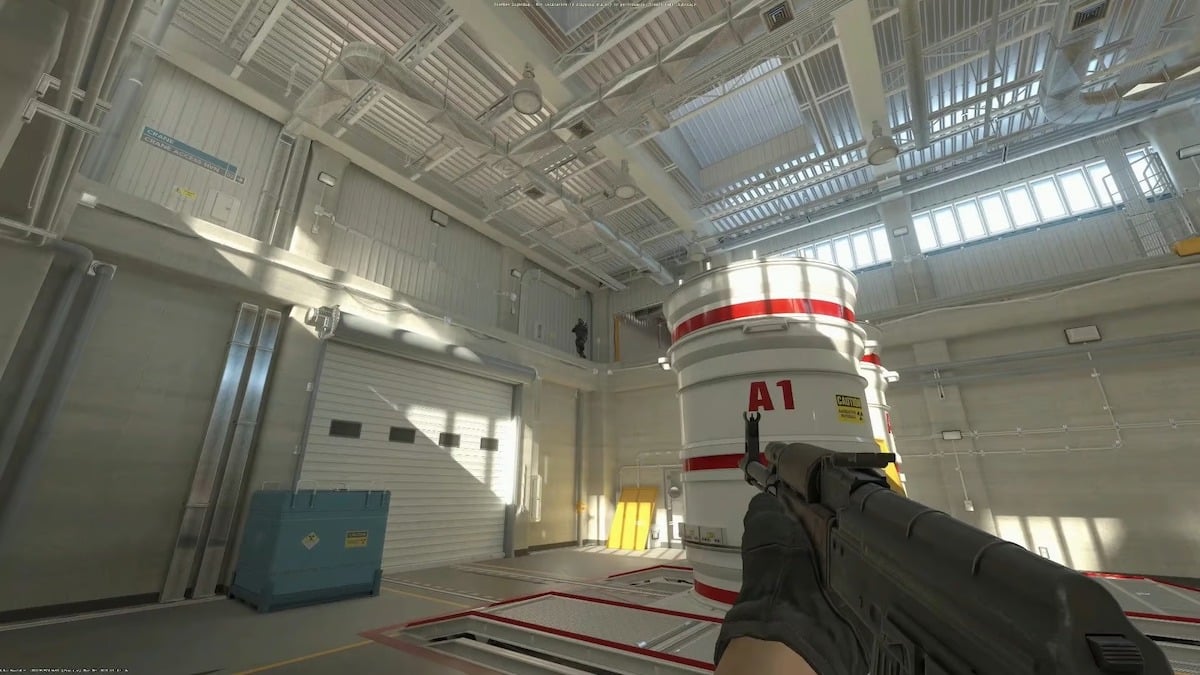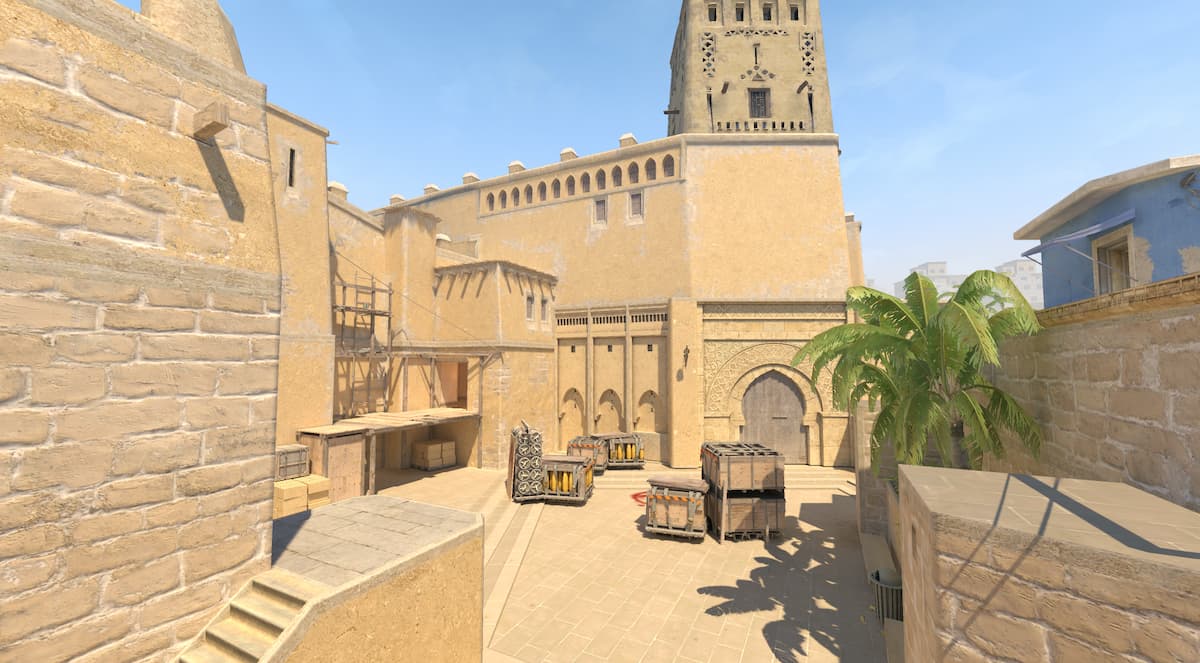Dear Valve,
You do a lot of things right. Most things, in fact, to be honest. But you still haven’t fully grasped the beast that is esports. That may be intentional. Some developers have openly rejected esports by declaring they “want to make great games” first and foremost. This is a fine mantra if you aren’t clearing millions thanks to the support of an esports fanbase. As soon as you start doing that, you have an obligation to take that scene seriously, or at least make them believe that you do with a few superficial gestures. Appeasement must run both ways.
There are a few niggles that I am sure the community has presented to you. But today I want to address the current situation surrounding the former iBUYPOWER players and how it needs to be resolved.
On Jan. 26, those players and their associates were officially banned from participating in any capacity at all Valve sponsored events. Since then, you’ve offered a critical lack of information regarding their future. You haven’t given an actual duration for the ban (all subsequent public communications seem to phrase it as “indefinite”) or a potential date for its revision or review, nor have you made it clear if there is any hope for an appeal. (This only concerns the players. I don’t care about the serial gamblers or those who look to use our game solely for profit. They make no meaningful contribution to esports and I won’t speak for them.)
These are not bad people, just people who made bad choices.
On a personal and petty level no one has a bigger reason to want to see these players remain banned than I do. Every time they voiced their denials, they were certain to include criticisms that would hurt any journalist. I was making the story up in exchange for web hits, they claimed. It was an extension of a personal vendetta. I lied and falsified information. Fans readily accepted this as fact—the players were immensely popular. And if you, Valve, had not gotten involved after I contacted you, that’s what the general public would believe. There’s a good chance my “career,” certainly in CS:GO, would be ruined or at best severely tarnished. I owe you thanks. But with time to reflect on what’s been one of the biggest stories I’ve broken, I have concerns as to whether the punishment was truly fair.
You are familiar with Riot Games. It’s embraced the esports side of things in a way few developers have, which should have been a good thing. For a time, it was. I no longer believe that to be the case. I have spoken out about this frequently, earning me ire from the company and those that profit through the game either financially or indirectly through status. Their esports division issues punishments in the most spiteful fashion, designed to have the maximum impact on dissenting players and their teams, often for things that would go mostly ignored in any other competitive environment. All too frequently they react to the mob, a front page Reddit post prompting an instant dispensing of justice rather than their own internal systems. Most disgusting of all is the way that even when they pronounce a duration for their punishments the “end” date is actually not an end at all, merely a “revision.” Through this method, Riot keeps players in line, dangling the prospect of a reward for them with no promise it can ever be received. The aspiring professionals wait tentatively, potentially putting real life on hold, perhaps only later to be disappointed and rue missed opportunities. With no appeals process, this is a disgusting way to treat young adults and there is no sporting disciplinary system that even comes close. No union or agency would allow it.
I like to try and be consistent in my praise and criticism. By issuing an “indefinite” punishment, with no clear end date or appeal, you’re doing the same thing as Riot to your professional players. It’s no exaggeration to say that, right now, the penalized players are desperately holding on to the hope that one day they’ll be able to compete again. Some might be too old to ever have a meaningful impact again, a fact that only becomes more true with each passing day. Some are young enough to focus on other areas of their life, even if it means putting an end to their dreams. But at the very least, you must clarify if these “indefinite” bans are actually lifetime bans. That will allow these people to make informed decisions about their futures. That’s what I would expect from any disciplinary body in esports that is worthy of respect.
I understand the need for severe punishments for match-fixing, and I advocate them. There’s a bigger picture that we both understand: Nothing will turn sponsors off from a sport more than the notion that it’s “corrupt.” If the results have no meaning, if the fans can’t support their team and even place bets with confidence that they’re are not being duped, the sport won’t survive. A player thinking about their bank balance might be wilfully ignorant of the broader consequences, but we are obviously not. The act of match-fixing shows an incredible disrespect to all those involved with the sport and a spectacular level of short-sighted selfishness.
The iBUYPOWER team, in particular, were given the short end of the stick.
While all of the above is true, it’s also not the full story. If you place this specific case within context, the story is not without angles that would generate sympathy. For instance, why is it that a team consisting of the best players in their region were not able to command a living salary for their efforts? That was certainly the case with the iBUYPOWER players, who had cut a deal that, in lieu of a salary, they would represent the brand in exchange for travel and accommodations to events while retaining the entirety of the ESL One Cologne sticker money.
There are some criteria that make match-fixing in sports not only probably but actually inevitable, and you’re smart enough to know this. The first and most obvious is the lack of appropriate compensation for an athlete’s efforts. Any competitor—as the iBUYPOWER players certainly did—who practices endlessly day after day to deliver their best for the team and supporting brands has to be rewarded for those efforts. Facilitating their competition simply isn’t enough. The sacrifices are too high for such small returns. In such an environment, it won’t take long for professionals to wonder if it’s really worth it and they become open to making money in ways that show disdain for their craft. We’ve seen this time and time again in baseball, soccer, and boxing. It was only a matter of time before it came to esports.
The second criteria is disparity of wealth. Simply put, if one set of professionals are making a comparably exorbitant amount of money for expending the same efforts as another set of professionals who make next to nothing, you can expect resentment. And that will lead players to explore ways to close the financial gap. None of this is to say I condone it. But it’s a reality nonetheless, one that has been demonstrated over and over again in sports.
The iBUYPOWER team, in particular, were given the short end of the stick. North American Counter-Strike wasn’t really supported at the time of the match-fixing. The team was expected to compete with the best in the world, against large European clubs, without any of the support their European counterparts were receiving. And these players toiled more than most. Sam “DaZeD” Marine was one of the few who stuck around in the post-CGS wasteland, for good or ill, carving out something that was vaguely representative of a competitive community, even if it at times it felt like a clique. Kevin “AZK” Lariviere was part of a team that have their own legacy in North America. Both of these players are partially responsible, whether we accept it or not, for keeping North American Counter-Strike alive and relevant. Joshua “steel” Nissan chased fortune all around Europe and got lied to at every turn, sleeping on my sofa for a couple of months while practicing every day in my living room. Braxton ‘swag’ Pierce, a blue-collar kid like I was growing up, hoped to use his talent to put money in the pockets of his family. These are not bad people, just people who made bad choices.
Now, I’m sure circumstances such as these apply to multiple teams who did not fix matches. But by the same token, we also know multiple teams did fix matches and got away with it. It was wide open. The only “rules” about it were the clear moral implications, and these were discounted multiple times by multiple players. The former iBUYPOWER players were examples for anyone else even thinking about committing similar crimes. But let’s be under no illusion, as sure as tough sentences don’t stop capital crimes, a disproportionate punishment for these players won’t stop others trying their hand in future, especially now that private cash betting sites are online.
Fixing one inconsequential game in a small league rarely warrants a lifetime ban in any other sport. If we look at the bans for match fixing in cricket, for example, there are only a small number of life bans that haven’t been overturned, and all of them were issued recently. Lifetime bans issued at the turn of century were overturned after a maximum of eight years, still allowing those cricketers to have a career.
When institutionalized corruption and match-fixing were exposed in Italian soccer, the clubs were stripped of titles, fined relatively small amounts, and relegated from leagues via point deductions. The club presidents were banned for two and a half years. There’s plenty other examples, and a few cases where lifetime bans actually were implemented: see baseball’s Pete Rose or the 1919 Chicago Black Sox, for instance. But the bottom line is this: It’s rare for a lifetime ban to stick, and there’s always an appeals process. Most penalties allow those impacted to at least try their hand at a post-disgrace career.
It won’t be an easy road. But it’s one they would rather walk than the alternative: To never compete in a meaningful way again.
But we don’t need to look to sports for examples of match-fixing penalties. Those of us in esports remember when the StarCraft match-fixing scandal left South Korea in shock. The 11 implicated players were all banned from competing in esports in any capacity by KeSPA. As a result, people are calling for similar punishments in CS:GO. But the cases aren’t at all similar. The StarCraft players were involved in a match-fixing ring that routinely fixed games that were bet on, illegally under Korean law, in exchange for significant amounts of money. By contrast, the former iBUYPOWER players, at least based on evidence, fixed a single game in exchange for virtual in-game items. It is far from a criminal conspiracy, even if it did have the same potential to shake competitive Counter-Strike to its foundations.
We know the average Counter-Strike career is much shorter than that of other sports, especially if there is an imposed hiatus that prevents a player from evolving in tandem with the metagame. Would a year ban really send out the wrong signal? It would still be unprecedented in our space. It would still make those that received it the standard bearers for “fucking up” in Counter-Strike. They will return as pariahs and will forever be taunted by opponents and distrusted by fans. It won’t be an easy road. But it’s one they would rather walk than the alternative: To never compete in a meaningful way again.
When I worked on the investigation, I did it believing two things: That exposing the match-fixing would benefit the competitive scene as a whole and that the punishments would be proportionate, clear, and inarguably fair. I didn’t set out to destroy anyone’s life, or to place them in a needlessly cruel limbo. Preserving competitive integrity makes Counter-Strike better, no doubt. But this cannot truly be accomplished without fairness. You have done the first. Now it’s time to show us the latter.
Illustration by Jacob Wolf





